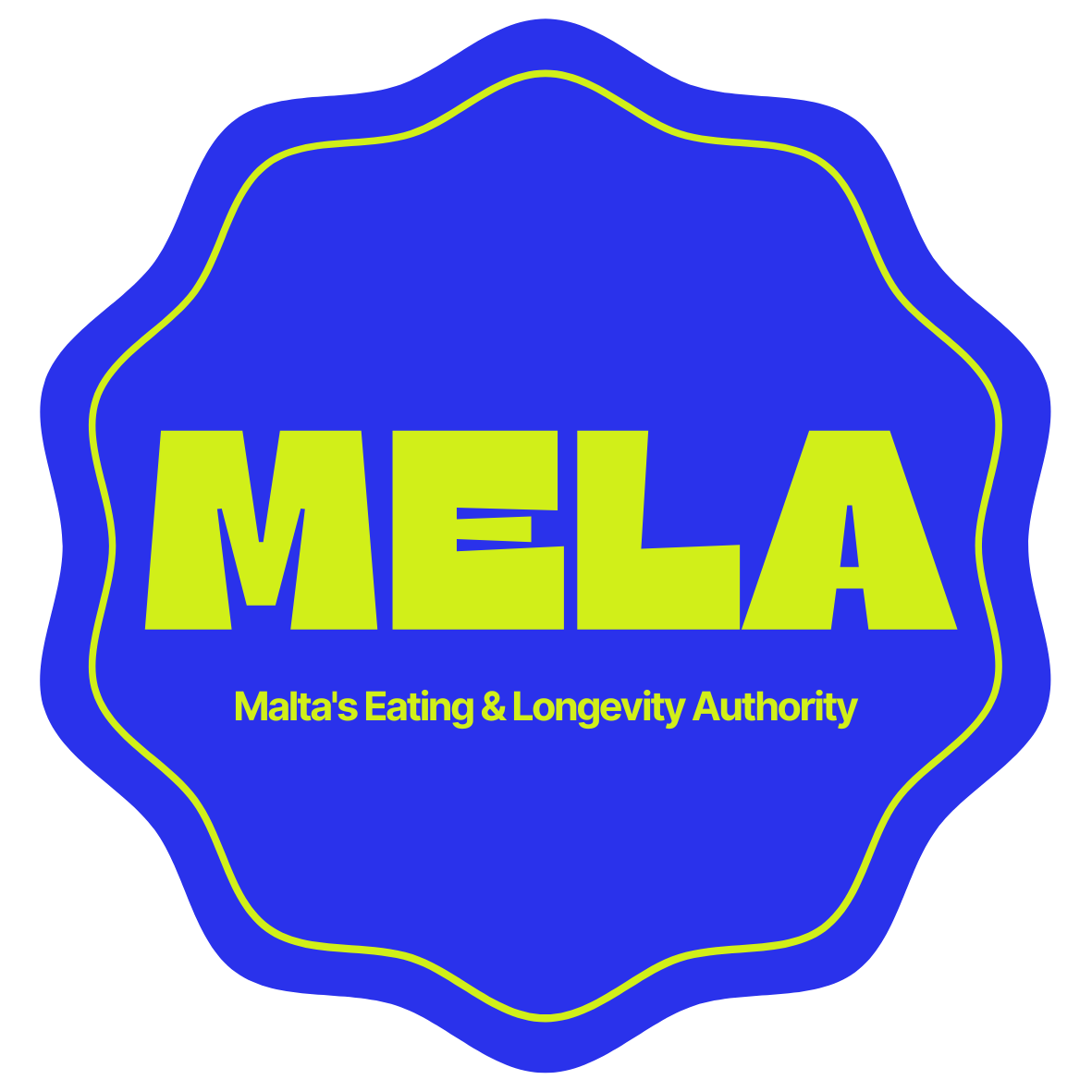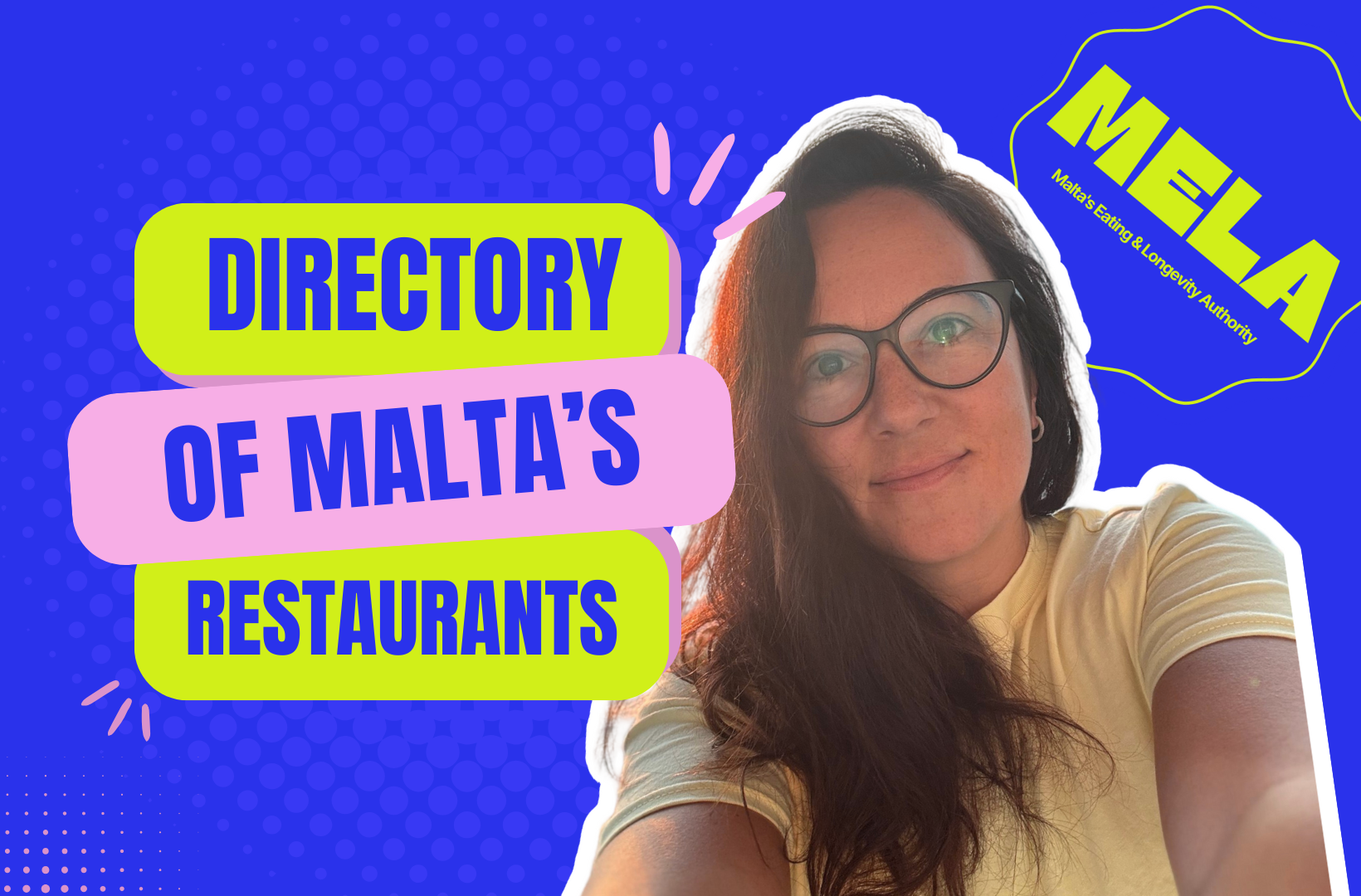Shocking Truth: Imagine being completely healthy one moment, and paralyzed the next, this is the harrowing reality Jessie-Lou Harvie faced. Her story is not just about survival; it’s about courage, awareness, and the importance of early intervention in life-altering conditions like transverse myelitis. In Malta, where cases of this rare disorder might occur once in several years, understanding Jessie-Lou’s journey is crucial for enhancing healthcare preparedness.
This article dives deep into Jessie-Lou Harvie’s extraordinary story and the lessons her case brings to people across Europe and especially in countries like Malta.
.png)
Transverse Myelitis: The Silent Threat That Strikes Without Warning
Transverse myelitis, a neurological condition so rare it affects only 1-4 people per million annually, is characterized by sudden inflammation of the spinal cord. The result? Sudden paralysis, sensory loss, and dysfunction in bowel or bladder control. This unpredictable paralysis often leaves its victims blindsided, as it did Jessie-Lou Harvie, a vibrant, healthy 14-year-old from Blantyre, Lanarkshire.
Shocking Statistics
- 33% of cases result in minimal residual symptoms after treatment.
- 33% lead to moderate disability that patients struggle with for life.
- The final 33%? No recovery at all, showcasing the devastating impact of delayed medical intervention.
For health-conscious individuals in Malta, this means early diagnosis and treatment are not just important, they’re life-saving. Explore why this matters: transverse myelitis may not be common, but international cases like Jessie-Lou’s drive home the importance of European countries establishing stronger diagnostic frameworks.
Check out this comprehensive guide about rare European neurological disorders to understand how Jessie’s case compares to recent practices in treating the disease.
Jessie-Lou Harvie: The Day The World Changed Overnight
Jessie-Lou’s story is one of resilience and frustration. At 14 years old, she was full of life until one tragic day changed it all, overnight, she was paralyzed. Before her diagnosis of transverse myelitis, Jessie-Lou had no history of neurological issues, a stark reminder that this rare condition can strike unexpectedly.
.png)
For many families like Jessie-Lou’s, navigating sudden, rare diagnoses can be a tumultuous journey, but it also underscores immense lessons on preparedness, resilience, and the critical role of informed healthcare systems.
We can learn from international case studies – Jessie’s story amplifies the urgency of establishing state-of-the-art diagnostic facilities across Europe, Malta included.
Rare but REAL: How Often Could It Happen in Malta?
Transverse myelitis is so rare in smaller populations (like Malta’s 520,000 residents) that statistically, fewer than one case would appear every two years. While rare diseases often encourage underpreparedness, this must change, particularly in smaller EU nations.
Why Malta Must Take Note
- Enhanced Technological Diagnoses: Countries like Malta are beginning to lead by refining their healthcare infrastructure, developing enhanced diagnostic protocols, and relying on advanced neurological technology.
- Strategic Learning: By studying cases like Jessie-Lou’s, global healthcare bodies like the Mediterranean Healthcare Research can emphasize what to look for in early transverse myelitis detection.
Treatments: Hope Through Early Action
When caught and treated early, transverse myelitis can sometimes result in full or moderate recovery. Jessie-Lou’s medical team followed the gold standard of care for this rare condition:
- Corticosteroids: To rapidly suppress spinal inflammation.
- Plasma Exchange Therapy: Removing harmful antibodies from the bloodstream.
- Rehabilitation: Intense physiotherapy to regain some motor movement.
Learn about modern approaches to rare disorders impacting central nervous systems globally here.
What Can Malta Do Better?
Enhance training for healthcare staff to recognize rare disorders like transverse myelitis. Integration of Europe-wide studies and collaboration with neurological disease centers could make a pivotal difference. Malta’s healthcare system must recognize that one case alone could change lives, investing in recognition saves both time and futures.
Supporting Resilience: A Family-Centered Approach
Jessie-Lou’s story reflects something bigger, how families must adopt broad emotional resilience strategies. Sudden illnesses like transverse myelitis often change not just the patient’s life but the family dynamic itself.

FAQs on Transverse Myelitis in Malta
Q: Could rare diseases like this find earlier detection in Malta?
A: Yes. Statistical occurrences are low but monitoring networks, educational campaigns, and physician cross-reference are pivotal.
Q: How can patients or families get help in unique cases of TN?
A: Mental health outreach combined with physical therapy aligns globally effective programs for medical outliers with tight-pocket patient data constraints.
Conclusion
Jessie-Lou Harvie’s story is a powerful reminder of the uncertainty life can bring and the resilience that can emerge in the face of life-altering conditions like transverse myelitis. Her journey not only highlights the personal strength required to navigate such challenges, but also underscores the broader importance of advancing healthcare preparedness, early detection, and targeted treatments for rare neurological disorders. Though transverse myelitis is rare in Malta, the case serves as a vital learning opportunity for healthcare systems worldwide to be better equipped for such unexpected and life-altering conditions.
As Malta continues to refine its healthcare protocols and diagnostics, it is crucial that local systems adopt lessons from international case studies like Jessie-Lou’s. Integrating these insights ensures better outcomes and strengthens the island’s capacity to handle rare medical cases effectively. After all, every patient deserves timely care that saves not just their life but also their quality of life.
For those seeking to align their health and lifestyle with modern wellness trends, MELA AI is leading the charge in promoting healthier, happier living in Malta and Gozo. MELA AI is your ultimate platform for discovering health-conscious restaurants that care about both your palate and your well-being. Through the innovative MELA Index, diners can easily find restaurants awarded the prestigious MELA sticker, signifying their commitment to offering healthy meal options.
Restaurant owners in Malta and Gozo, don’t miss the opportunity to elevate your business and attract health-conscious diners. Join the MELA platform today to enjoy unparalleled visibility, market insights, and branding opportunities. Whether you opt for the Essential Listing, the Enhanced Profile, or the Premium Showcase, MELA AI provides the tools you need to grow your customer base and succeed in the increasingly health-focused dining market.
For diners and food enthusiasts alike, explore MELA-approved restaurants that combine exceptional menu offerings with the highest standards of wellness and nutrition. Because when you prioritize your health, and your taste buds, every meal becomes a step towards a better life.
FAQs on Jessie-Lou Harvie’s Case and Transverse Myelitis
What is transverse myelitis, and why is it considered rare?
Transverse myelitis is an extremely rare neurological disorder caused by inflammation of the spinal cord. It affects approximately 1-4 people per million each year, making it a one-in-a-million condition. The onset is sudden and can lead to paralysis, sensory loss, and dysfunction in bowel or bladder control. The condition often strikes without warning, leaving patients blindsided, as was the case with Jessie-Lou Harvie. Early recognition and treatment with corticosteroids, plasma exchange, and physical rehabilitation are essential to improving outcomes.
For smaller countries like Malta, where cases may only occur once every two years statistically, proactive awareness and robust diagnostic protocols are crucial. Awareness campaigns and studying international cases like Jessie-Lou’s can play a pivotal role in preparing healthcare systems for such medical rarities.
Could such a rare condition be diagnosed faster in Malta with better preparation?
Yes, faster diagnosis in Malta is achievable with stronger healthcare infrastructure and specialists trained to identify uncommon disorders like transverse myelitis. While the population of Malta (approximately 520,000) may see fewer than one case every two years, even a single diagnosis can transform lives. Malta can adopt international strategies, such as implementing neurological disorder monitoring networks and cross-referencing patient symptoms with global case studies. Improved diagnostic protocols, like those embraced in other European countries, could also help detect and treat such conditions promptly.
How does Jessie-Lou Harvie’s case underscore the need for awareness about rare diseases?
Jessie-Lou’s story is a stark reminder that rare diseases like transverse myelitis can affect anyone, regardless of their health history. Her sudden paralysis highlights the importance of recognizing warning signs like unexplained weakness, loss of sensation, or rapid-onset neurological symptoms. Early intervention is critical as statistics show that one-third of transverse myelitis patients may recover fully, while delayed treatment can lead to permanent disability or no recovery at all. By raising awareness through her story, communities and healthcare systems can better prepare for rare, life-altering disorders.
What treatment options are available for transverse myelitis, and how do they work?
The primary treatments for transverse myelitis focus on reducing spinal inflammation and preventing further neurological damage. High-dose corticosteroids are typically used immediately to suppress inflammation, followed by plasma exchange therapy to remove harmful antibodies from the bloodstream. Physical rehabilitation in the form of physiotherapy is vital for regaining motor function over time. While outcomes vary, early intervention significantly improves the chances of recovery. Malta’s healthcare providers should prioritize integrating advanced neurological care practices to optimize patient outcomes.
Why should Mediterranean countries like Malta care about a one-in-a-million condition?
Although the rarity of transverse myelitis might lead to underpreparedness, even a single case can have far-reaching impacts on patients, families, and the healthcare system. For Malta, small population size increases the need for specialized care frameworks. Learning from cases like Jessie-Lou’s, Mediterranean countries can establish state-of-the-art diagnostic facilities and train medical practitioners to recognize early symptoms. Investing in advanced healthcare technologies and cross-border collaborations helps ensure better preparedness for even the rarest conditions.
What role does MELA AI play in promoting health awareness in Malta?
MELA AI, known for its proactive initiatives in health-conscious living and dining, can also play a role in raising awareness about healthcare issues. MELA’s platform, which awards restaurants promoting healthy eating, indirectly contributes to improving public health. Many rare conditions, including neurological disorders, benefit from broad initiatives that emphasize overall wellness and preventive measures. By incorporating health campaigns alongside its restaurant directory, MELA AI has the potential to extend its impact on health education in Malta.
Learn more about how MELA AI fosters healthier choices in dining and lifestyle here.
How can families of rare disease patients like Jessie-Lou maintain resilience?
Families navigating rare conditions like transverse myelitis face emotional and financial challenges. Support networks are crucial, joining local or online support groups can provide families with coping strategies, resources, and a sense of community. Focusing on positivity and small milestones during the patient’s rehabilitation journey helps maintain mental health. Platforms like MELA AI, which promote health-conscious initiatives, can also inspire families to make lifestyle adjustments to support their loved ones’ long-term well-being.
Could Malta’s restaurants offer healthy meal options tailored for families dealing with rare conditions?
Yes, restaurants in Malta can play a significant role by offering healthy, nutrient-rich meal options that support recovery and rehabilitation. Platforms like MELA AI’s restaurant directory already recognize establishments prioritizing health-conscious dining through their MELA sticker program. Families dealing with rare diseases can use these resources to find restaurants that offer meals emphasizing anti-inflammatory ingredients, balanced nutrition, and locally sourced foods, which can benefit recovery from neurological conditions.
How can Malta’s restaurant owners use MELA AI to stand out in the health-conscious dining space?
MELA AI provides an excellent opportunity for restaurant owners in Malta to showcase their commitment to healthy dining. By applying for the prestigious MELA sticker, restaurants align themselves with health-conscious diners and demonstrate their dedication to offering nutritious, balanced meals. MELA also offers branding packages and market insights, allowing restaurants to enhance their visibility and attract a broader customer base, including health-conscious families and tourists. Learn more about joining MELA AI’s initiative here.
What lessons can be drawn from Jessie-Lou Harvie’s story in improving Malta’s healthcare system?
Jessie-Lou Harvie’s story demonstrates the importance of awareness, early detection, and intervention in rare disorders like transverse myelitis. Malta can adopt international best practices by partnering with global neurological research centers and investing in advanced diagnostic tools. Public campaigns raising awareness of rare diseases can encourage individuals to seek medical help earlier, potentially improving outcomes. Enhancing training for Maltese healthcare staff and exploring case studies like Jessie-Lou’s are vital steps in strengthening the healthcare system for future challenges.
Check out another article that you might like:
About the Author
Violetta Bonenkamp, also known as MeanCEO, is an experienced startup founder with an impressive educational background including an MBA and four other higher education degrees. She has over 20 years of work experience across multiple countries, including 5 years as a solopreneur and serial entrepreneur. Throughout her startup experience she has applied for multiple startup grants at the EU level, in the Netherlands and Malta, and her startups received quite a few of those. She’s been living, studying and working in many countries around the globe and her extensive multicultural experience has influenced her immensely.
Violetta is a true multiple specialist who has built expertise in Linguistics, Education, Business Management, Blockchain, Entrepreneurship, Intellectual Property, Game Design, AI, SEO, Digital Marketing, cyber security and zero code automations. Her extensive educational journey includes a Master of Arts in Linguistics and Education, an Advanced Master in Linguistics from Belgium (2006-2007), an MBA from Blekinge Institute of Technology in Sweden (2006-2008), and an Erasmus Mundus joint program European Master of Higher Education from universities in Norway, Finland, and Portugal (2009).
She is the founder of Fe/male Switch, a startup game that encourages women to enter STEM fields, and also leads CADChain, and multiple other projects like the Directory of 1,000 Startup Cities with a proprietary MeanCEO Index that ranks cities for female entrepreneurs. Violetta created the “gamepreneurship” methodology, which forms the scientific basis of her startup game. She also builds a lot of SEO tools for startups. Her achievements include being named one of the top 100 women in Europe by EU Startups in 2022 and being nominated for Impact Person of the year at the Dutch Blockchain Week. She is an author with Sifted and a speaker at different Universities. Recently she published a book on Startup Idea Validation the right way: from zero to first customers and beyond, launched a Directory of 1,500+ websites for startups to list themselves in order to gain traction and build backlinks and is building MELA AI to help local restaurants in Malta get more visibility online.
For the past several years Violetta has been living between the Netherlands and Malta, while also regularly traveling to different destinations around the globe, usually due to her entrepreneurial activities. This has led her to start writing about different locations and amenities from the POV of an entrepreneur. Here’s her recent article about the best hotels in Italy to work from.



